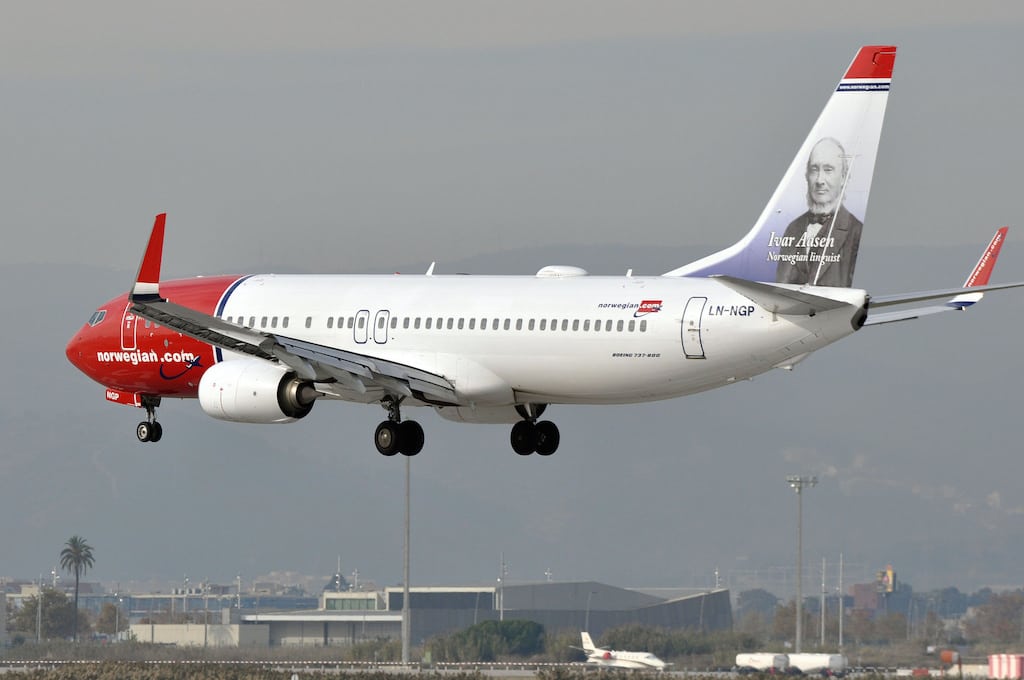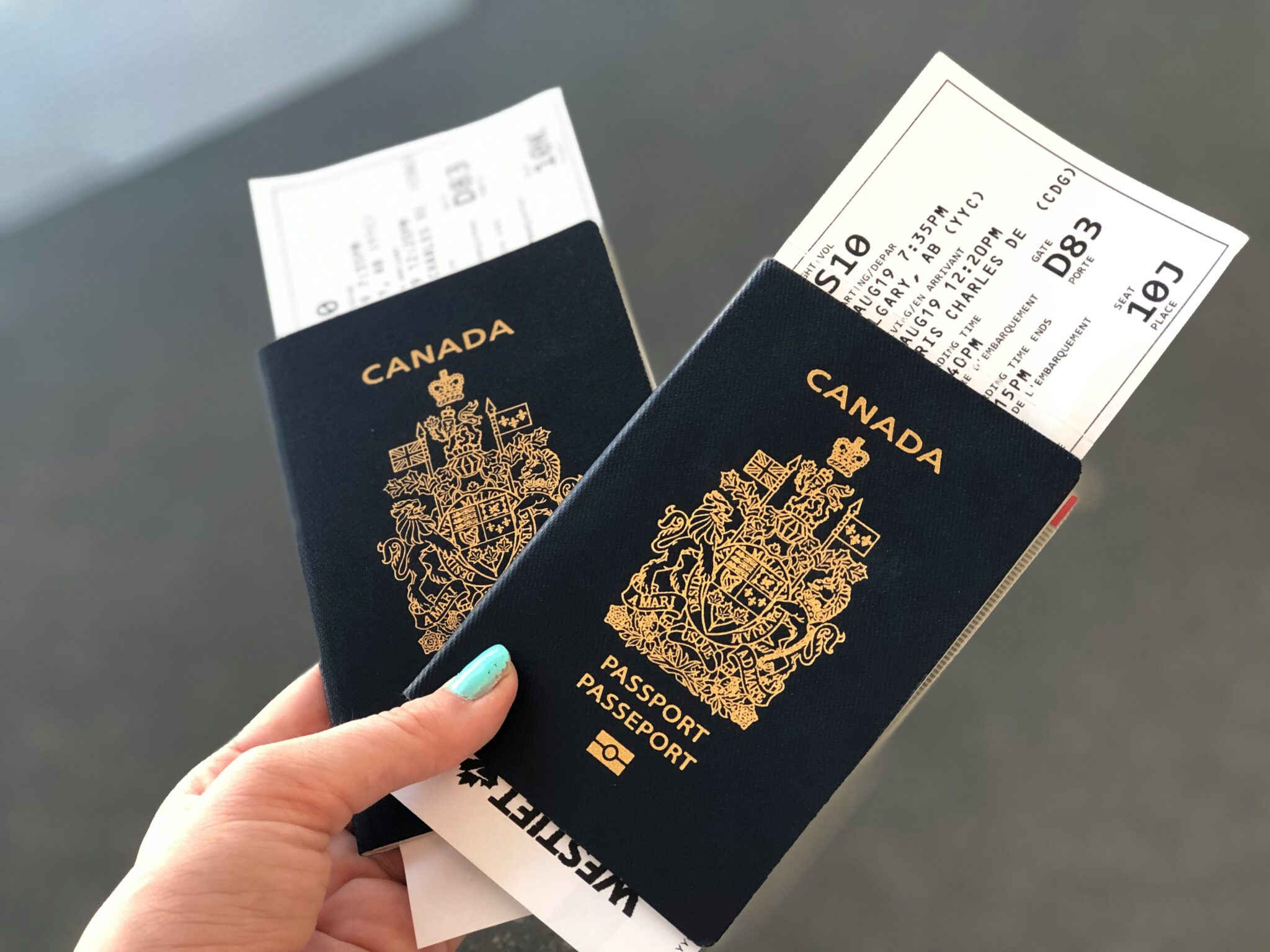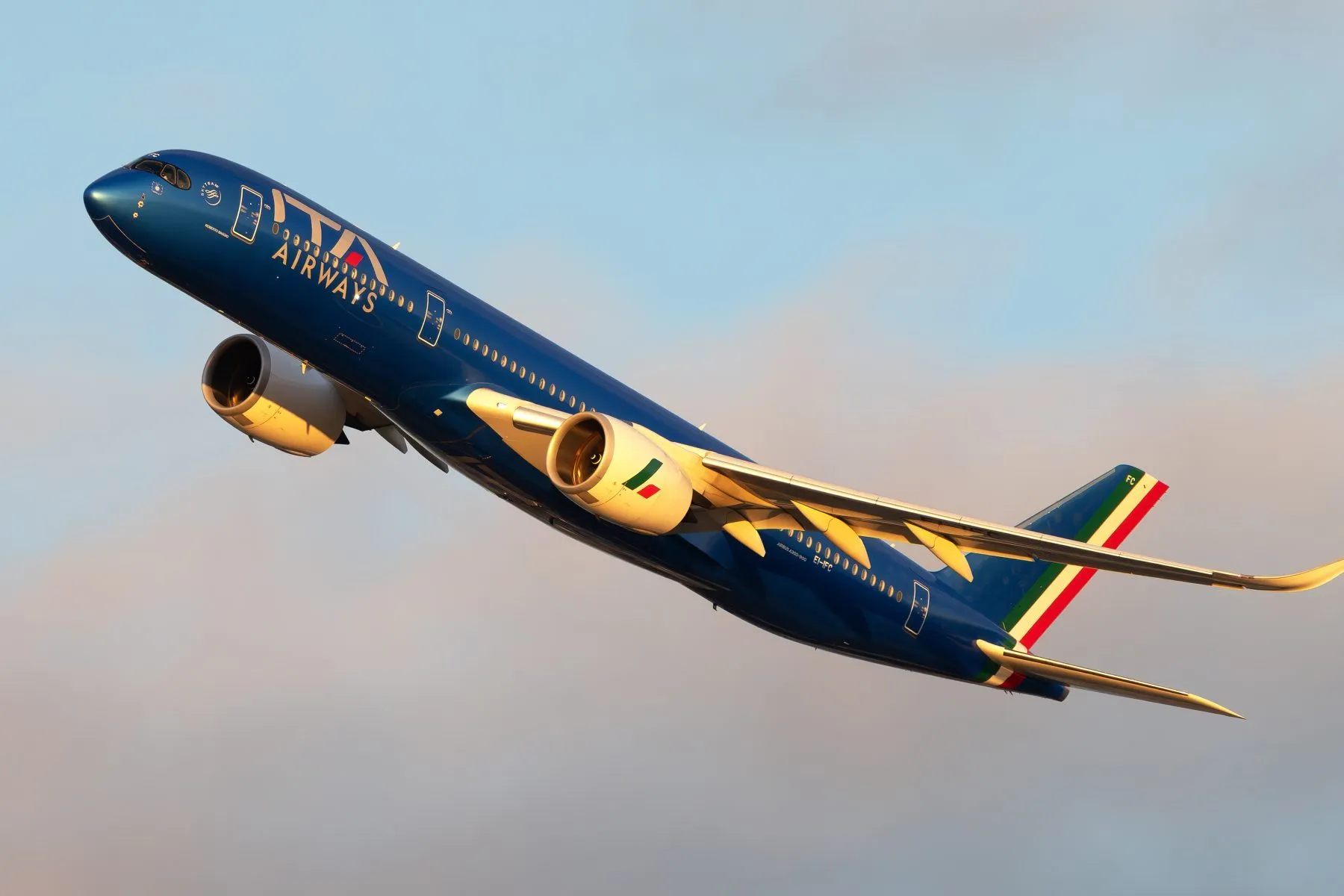Why Norwegian Air Doesn't Worry About Overtourism When It Chooses New Routes

Skift Take
In 2016, Skift created (and later trademarked) a word you may know: overtourism. It occurs when a region is so inundated with visitors that basic services are strained, and locals lash out and complain that their home isn't what it once was.
It's a subject we hear about often in Lisbon, Barcelona, and Iceland. And while local tourism boards created this problem, airlines also deserve blame. As destinations become popular, airlines add flights, which is why three (three!) airlines started flying this summer from Dallas/Fort Worth to Reykjavik.
Last week, in an interview at Norwegian's Air's headquarters near Oslo, I asked CEO Bjorn Kjos whether he weighs local views on tourism when deciding whether to add new routes. Norwegian has a base in Barcelona, and has focused on shuttling Americans and Europeans there.
"We take people where they want to go," Kjos said. "You take away the tourism in Barcelona, you get millions of layoffs. There may be some people who don’t like so many tourists, but that creates the jobs for most of the people down there. So they will have to do some regulation to deal with it, and build some hotel capacity and so on."
It's a harsh answer, but I understand. People want to go to Barcelona, and tourism is good for the economy. Why shouldn't an airline give its customers what they want?
What do you think? Let me know via email or Twitter.
— Brian Sumers, Aviation Business Editor [bss@skift.com, @briansumers]
Stories of the Week
Norwegian Air CEO Is Wait and See on Possible Sale as Competitors Show Interest: No, I didn't go to Oslo only to ask Bjorn Kjos about overtourism. I also asked about the future of his company, and whether his board might sell to Lufthansa Group, or International Airlines Group, owner of British Airways. He'd prefer not to — "everybody that works for an airline would rather stay independent" — but the market will make that call. Norwegian remains in iffy fiscal shape despite a profitable quarter.
Newly Named Air Italy Is Ready to Take On Troubled Alitalia: I'm not sure Akbar Al Baker, whose Qatar Airways owns 49 percent of Air Italy, can create Italy's preferred global airline. But it's worth a shot, in part because Qatar's home market isn't growing. By the way, this is the airline formerly known as Meridiana. It changed names so it would be more marketable outside of Italy. “To sell the Meridiana brand, it’s not that easy,” the airline's chief commercial officer told me.
Delta Continues Strong Growth Despite Higher Fuel Costs: Did you really think higher fuel costs would trip up Delta Air Lines? By some measures, this is the world's most profitable airline. And it's well run, too. For the second quarter, Delta produced record revenues of $10 billion, with a healthy profit margin. Perhaps it didn't report as much profit as in earlier quarters, but the good times of ultra-low fuel prices couldn't last forever.
Spirit Airlines Trims Its Costs and Cancellations: Spirit Airlines CEO Bob Fornaro spent several earnings calls assuring analysts that, by spending money to improve its on-time performance, the carrier would save money. Apparently, he was correct. Spirit now has fewer customers to rebook, Bloomberg reports, and its financials are improving.
Ryanair Believes Airline Apps Are Perfect for Last-Minute Upselling: There are some impressive airline mobile apps in the United States — United Airlines and Delta among them — but elsewhere, some airlines are just learning how much commerce they can conduct with a well-executed mobile strategy. One airline with a coherent approach is Ryanair. Its chief marketing officer spoke with Skift about the app's strengths, and Hannah Sampson has the story.
Flyers Divided on Cell Phone Use During Flight: Some airlines outside the United States permit mobile phone use, and it works OK. But I'd argue we don't need this to become widespread. We have enough problems with plane rage already. What happens when a passenger wants to sleep and another passenger is on the phone? Could a fight break out?
JetBlue’s Founder Confirms He’ll Start a U.S. Airline With New Airbus Jets: JetBlue founder David Neeleman is getting closer to starting a new U.S. airline, the first since Virgin America more than a decade ago. This should be good news for U.S. consumers.
United Order for 70-Seat E175s Raises Questions: United Airlines placed an order for 25 Embraer E175s on Monday. United usually puts 76 seats on these airplanes, which are flown by United Express partners. But because of union issues, United Express carriers will only be able put 70 seats on the aircraft. What's the deal? Flight Global's Ned Russell does a nice job of explaining why United can't configure the aircraft like other E175s in the fleet, without union concessions.
Luxury Lounge Wars Heat Up as Airlines Vie for High-End Passengers: The New York Times has discovered airlines are investing in lounges, which probably would have have been a timely trend story three years ago. American Airlines ends up looking best in the piece. In one sentence, the writer describes the VIP private terminal at London Heathrow and the Qatar Airways’ Al Safwa first-class lounge at Hamad International in Doha. In the next, she mentions American's flagship lounges. The flagship lounges are serviceable, but they are not at all comparable to the others in luxury.
KEEP IN TOUCH
Skift Aviation Business Editor Brian Sumers [bss@skift.com] curates the Skift Airline Innovation Report. Skift emails the newsletter every Wednesday. Have a story idea? Or a juicy news tip? Want to share a memo? Send him an email or tweet him.




